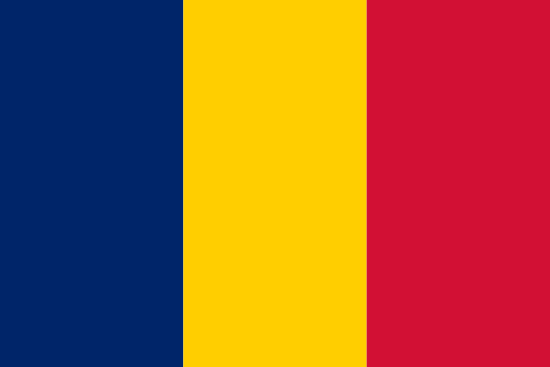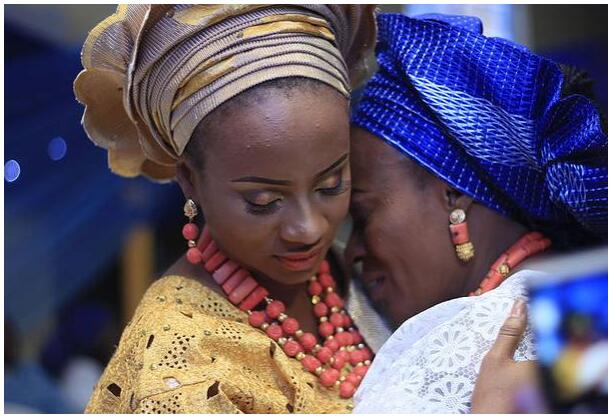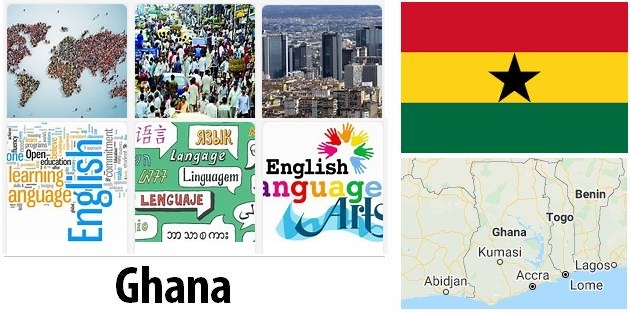Nigeria Elections 2019
In February 2019, the Nigerian people were called to elect the parliament and the president. According to the Independent National Electoral Commission (INEC), more than 84 million registered Nigerians were eligible to vote.
Despite his poor health, the incumbent President Muhammadu Buhari ran again for the presidential election at the age of 76. In April 2018, he officially announced that he wanted to run again. His supporters justified his renewed candidacy by saying that he had only recently started his reform work. President Muhammadu Buhari’s “All Progressives Congress (APC)” party officially named the 75-year-old as its top candidate at a party conference in October 2018. Buhari was the APC’s only candidate.
His opponents criticized that Buhari was both politically and healthily ailing. Former President Olusegun Obasanjo (1999 – 2007) accused Buhari in an open letter of nepotism and failure in office in the fight against corruption. Obasanjo therefore openly urged Buhari not to run for president again. The Archbishop of Abuja, Cardinal John Onalyekan, also criticized the renewed candidacy of President Buhari and was of the opinion that, given the poor record of his term in office, he should not run again.
The former Vice President under Olusegun Obasanjo (1999 to 2007) Atiku Abubakar was nominated as a presidential candidate for the country’s largest opposition party, the People’s Democratic Party (PDP). According to his election manifesto, which he announced publicly in November, Atiku Abubakar wanted to focus on the following priorities if he was elected president: “Increase the incomes of Nigerian workers, improve job opportunities”; “Improving the quality of education for youth”; “Empowering women in Nigeria, reducing maternal mortality”; and “Expand the infrastructure and improve the energy supply”.
Until January 2019, the founder of the “Bring back our girls” movement, Ex-Education Minister Obiageli Ezekwesili, ran for the presidency of the Allied Congress Party of Nigeria (ACPN) and wanted to be Nigeria’s first female president. The 55-year-old is not a blank slate in Nigeria’s political business. Under Olusegun Obasanjo, the auditor was minister from 2005 to 2007, first for mineral resources, then for education. She then worked as Vice President of the Africa Department of the World Bank. She is also a co-founder of Transparency International. Obiageli Ezekwesili wanted to stand up in the event of their choice dedicating above all to the fight against endemic corruption in Nigeria and enabling the Nigerian population to live a decent life outside of extreme poverty. In January 2019, however, Obiageli Ezekwesili surprisingly withdrew her candidacy. She justified her withdrawal with the fact that she would rather invest her commitment in building a stable coalition against the two most powerful parties, APC and PDP.
In January 2019, the INEC Independent Electoral Commission published that a total of 72 presidential candidates and 91 political parties were allowed to run for the election. Analysts foresaw a head-to-head race between incumbent President Buhari (APC) and his strongest challenger Atiku Abubakar (PDP).
According to computerannals, the organization of the elections was a great logistical challenge for the country of Nigeria. Never before had so many voters registered as in 2019. However, the 1.8 million internally displaced persons who are on the run in Nigeria remained largely from excluded from the elections, as they usually had no opportunity to register for the elections. Another challenge for election day was the tense security situation. In January 2019, the churches in Nigeria urged all actors involved to ensure that the elections were peaceful, democratic and fair.
Postponement of the elections
Just a few hours before the polls opened on February 16, 2019, the electoral commission announced that the elections would be postponed for a week. The new date is now set for February 23, said the president of the independent electoral commission Mahmood Yakubu in the press conference on the morning of February 16. The press conference was broadcast across the country via Twitter.
Logistical problems were given as the reason for the postponement. There are reports from some parts of the country that the election documents have not yet arrived everywhere. In addition, there are allegations of fraud against the ruling party APC and the opposition PDP, who are said to have tried to buy up election notices and ID cards in large quantities.
The incumbent President Buhari, who is running for a further legislative term, expressed his disappointment at the postponement of the elections. At the same time, he appealed to the population to remain calm and peaceful. His strongest challenger, Atiku Abubakar, was also disappointed. He called on the population to vote anyway on February 23.
Holding of the presidential elections on 02/23/19
On February 23, 2019, the elections were finally held – with a one-week delay. As before, however, there were logistical problems. In some places, for example, the election papers did not arrive until the day of the election. The queues in front of some bars were so long that not all voters got a chance on election day. Therefore, the election was extended by one day in some places. Terrorist attacks have been reported from the north of the country. It is believed that this was perpetrated by a splinter group of the Islamist terrorist group Boko Haram.
Overall, however, the INEC Independent Electoral Commission expressed its satisfaction with the course of the elections, as they were peaceful in large parts of the country.



